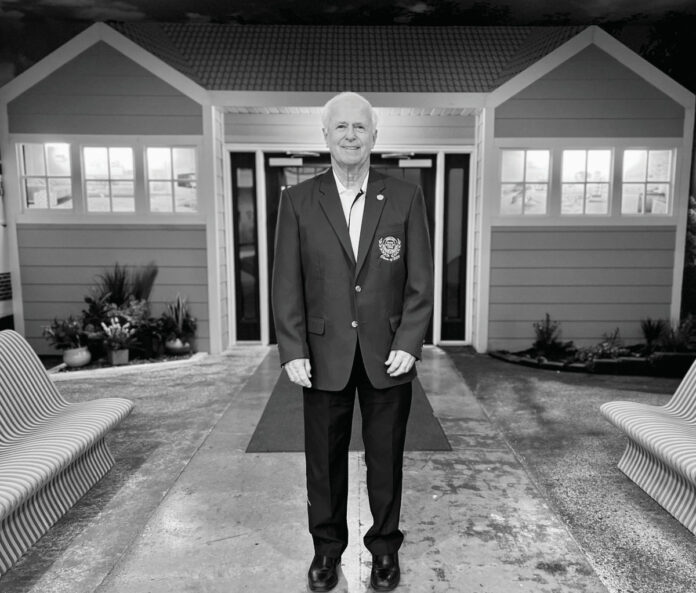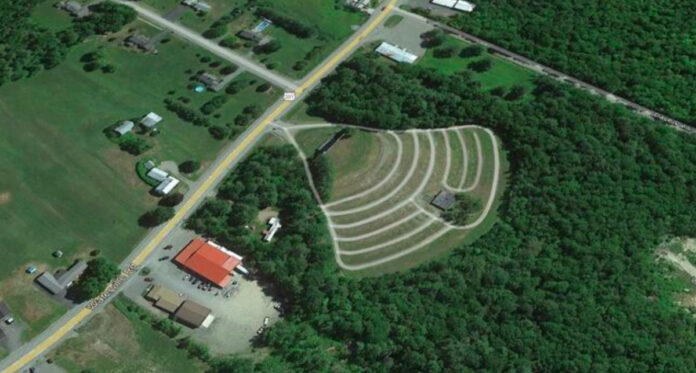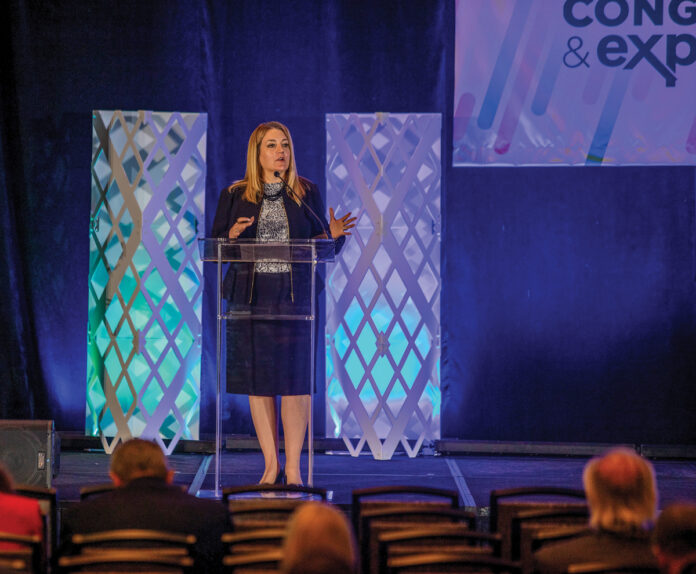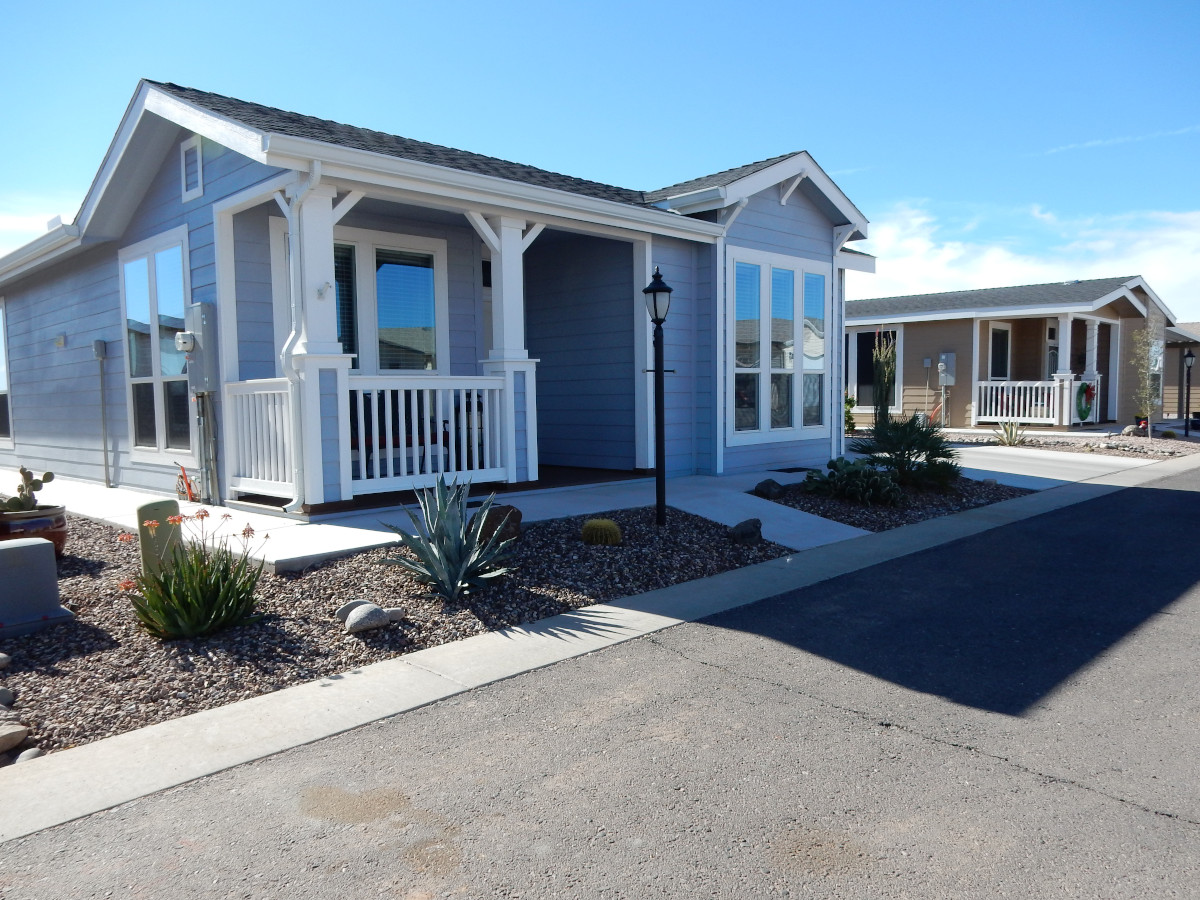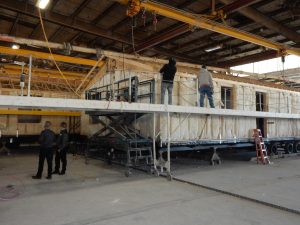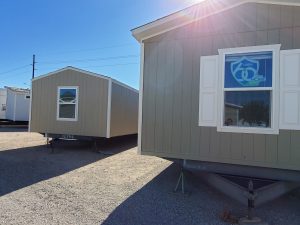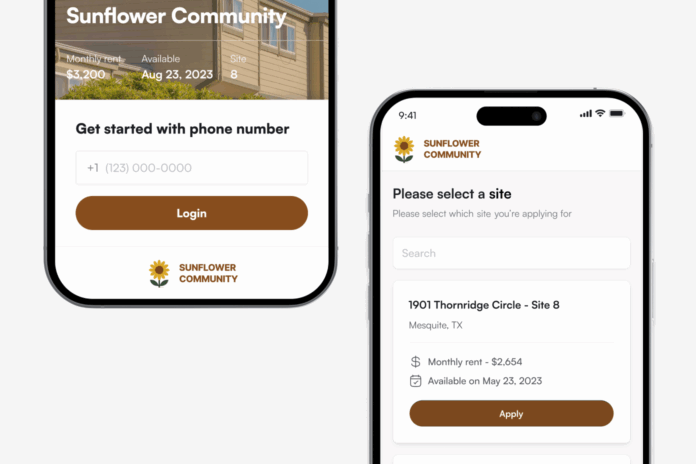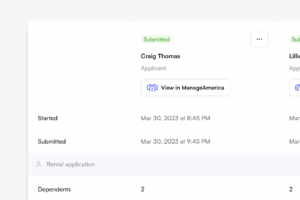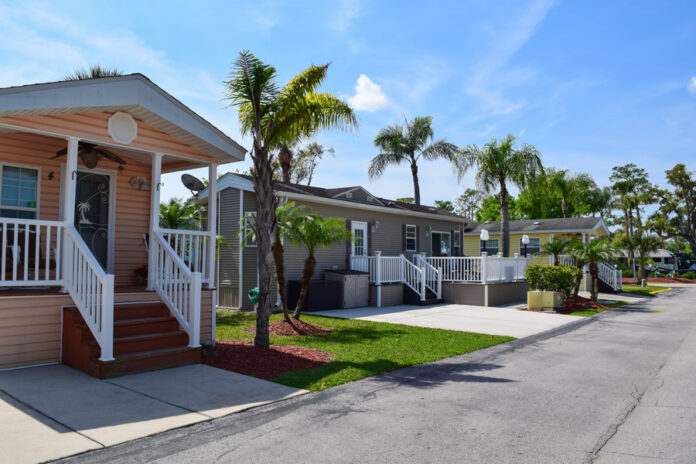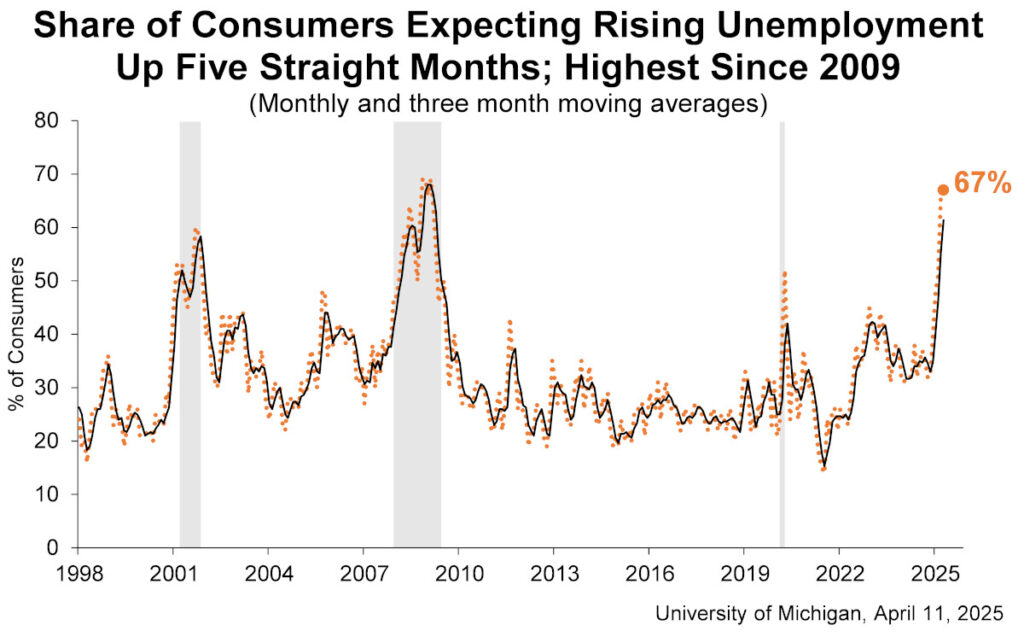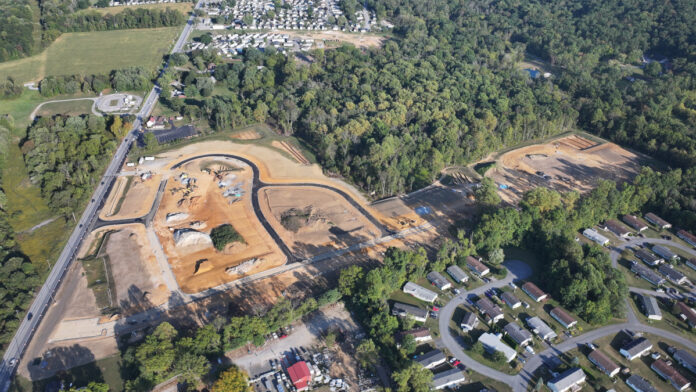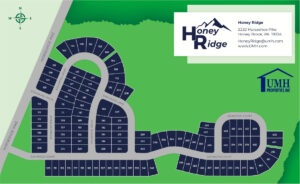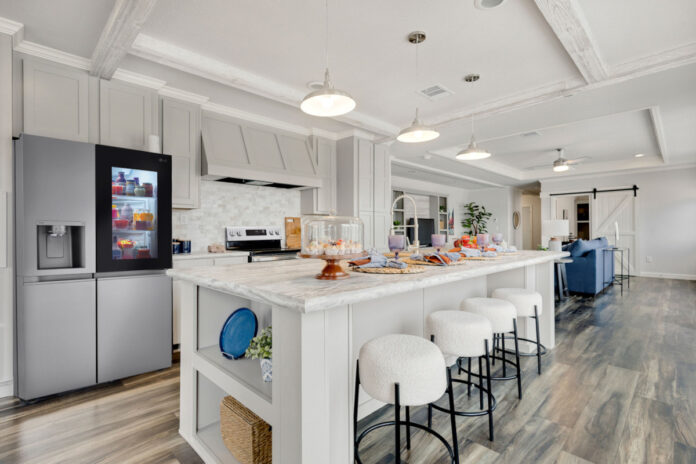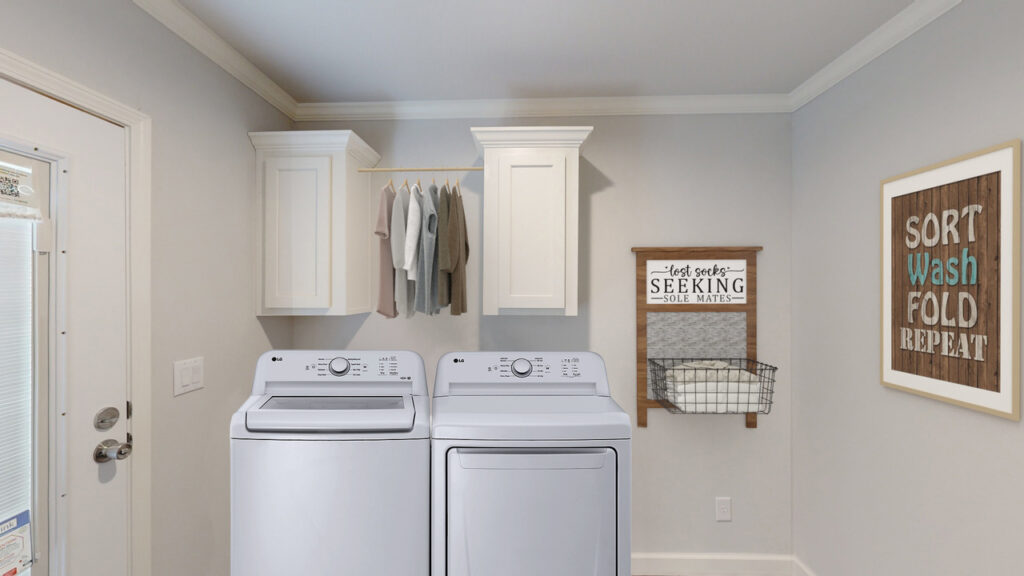If a customer on the West Coast was interested in a new home on the Gulf Coast, how might that transaction go? How pricey would it be, how long would it take?
Frank Guido, Andrew Lett and team, with Aareas Interactive, have some burgeoning ideas about the experience that customers receive.
The experience provides a realist rendering of a home, neighborhood, or community of interest to the customer,” Guido said. “It gives an automated tour or allows the user to conduct a virtual tour at their own pace.
“During the tour, the customer can swap out finishes, materials, color schemes, and even turn the clock or change the season to see how the light of day and afternoon shadows affect the look of the home inside and out,” he said.
And it’s all very photorealistic.
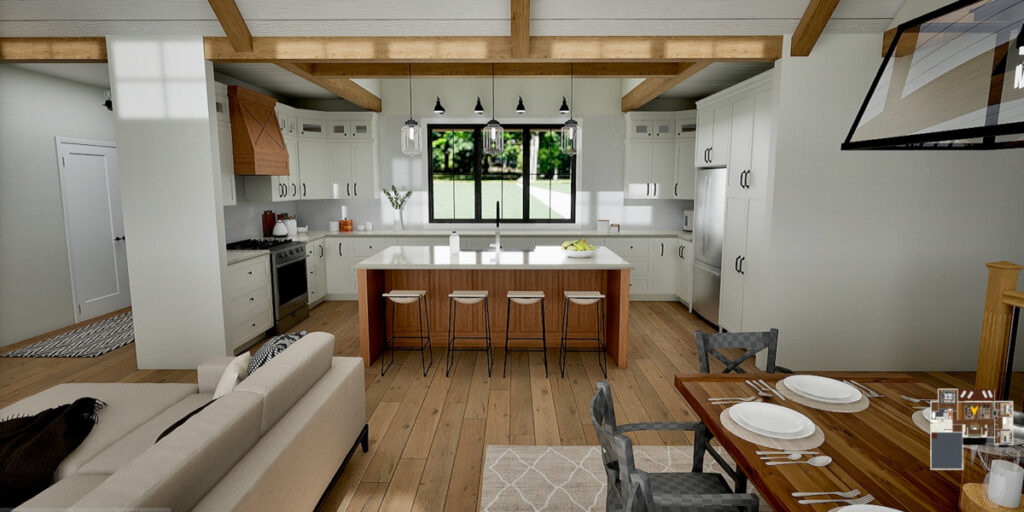
The software’s user can test the same home or different home designs within a development or community as it would appear adjacent the tennis courts, alongside the general store, or on a wooded lot.
“Someone can make choices from California about how they might place a home in a community in Louisiana,” Lett said.
It’s customized purchasing, with mind toward the end user, the homebuyer, and that single person’s unique place in the market.
The founders have a background in the industry, having worked with Oakwood Homes before it was purchased by Clayton, before Clayton was a Berkshire Hathaway company.
Like many other organizations in the off-site built space, Aareas Interactive took a hiatus and focused on other asset classes — single-family homes and condos — when the manufactured housing industry was down.
They returned with enhanced technology about two years ago.
“At that time it was a sales office and the following year we had everything online,” Lett said.
The Toronto-based company and its partners, in late 2024, were honored with the Gold Muse Award and the Silver Muse Award, which recognize excellence in design, innovation, and creativity across various industries worldwide. There were more than 17,200 entrants competing for the prize.
“These accolades showcase our steadfast commitment to innovation in design, technology, and customer experience,” Guido said. “Our projects reimagine the home design and purchasing journey by integrating cutting-edge virtual reality and immersive technologies, enabling our clients to offer their customers highly engaging and interactive buying experiences.”
Working with Builders
Aareas in recent years has been working with builders at the corporate and plant level to log their homes and floorpans. All the new functionality is applied to geography, within a development, and with considerations for home dimensions in relation to a particular lot size and local rules.
“Again, you can tour at your own speed or you can do an auto-tour,” Lett said.
Guido said Aareas allows a home seller to have 10 home designs open for tours in a community, and at an active, in-person sales center where the customer could run through home options and design choices, but also be able to take that experience home with them and continue to work toward the precise design that they desire.
“The customer can completely configure the experience any way they want,” Guido said.
Real Time Purchasing, Pricing
The program ties all of the customers’ needs together and avoids many of the common problems that arise during the standard sales experience, which speeds up the time to market. The home gets placed more quickly, the home seller moves to the next deal, and the new home owner is in place, exactly where they want to be… right down to the final detail.
“If the buyer has chosen a gas stove it won’t let you forget the gas line and it won’t let you buy a connection for an electric stove,” Guido said. “If you choose a three-hole sink it will automatically provide you a quote that includes hardware for a three-hole sink.”
MHinsider is the leader in manufactured housing news and is a product of MHVillage, the top website for manufactured homes.


